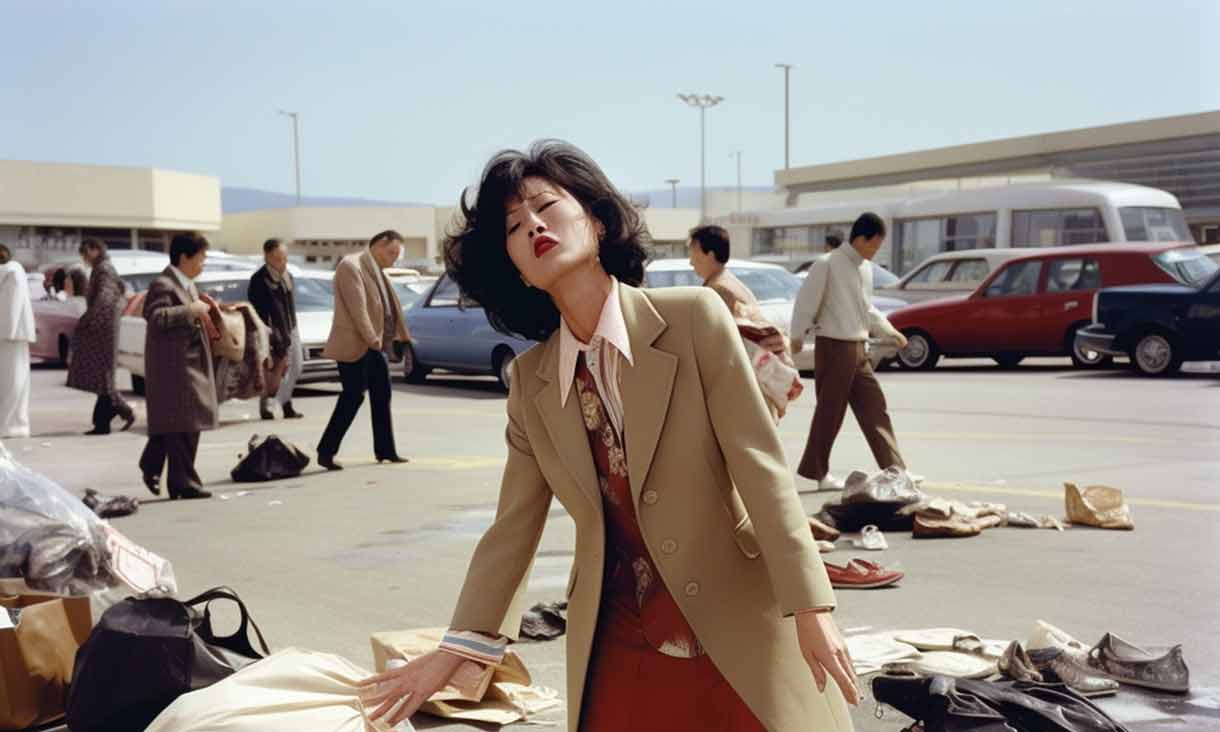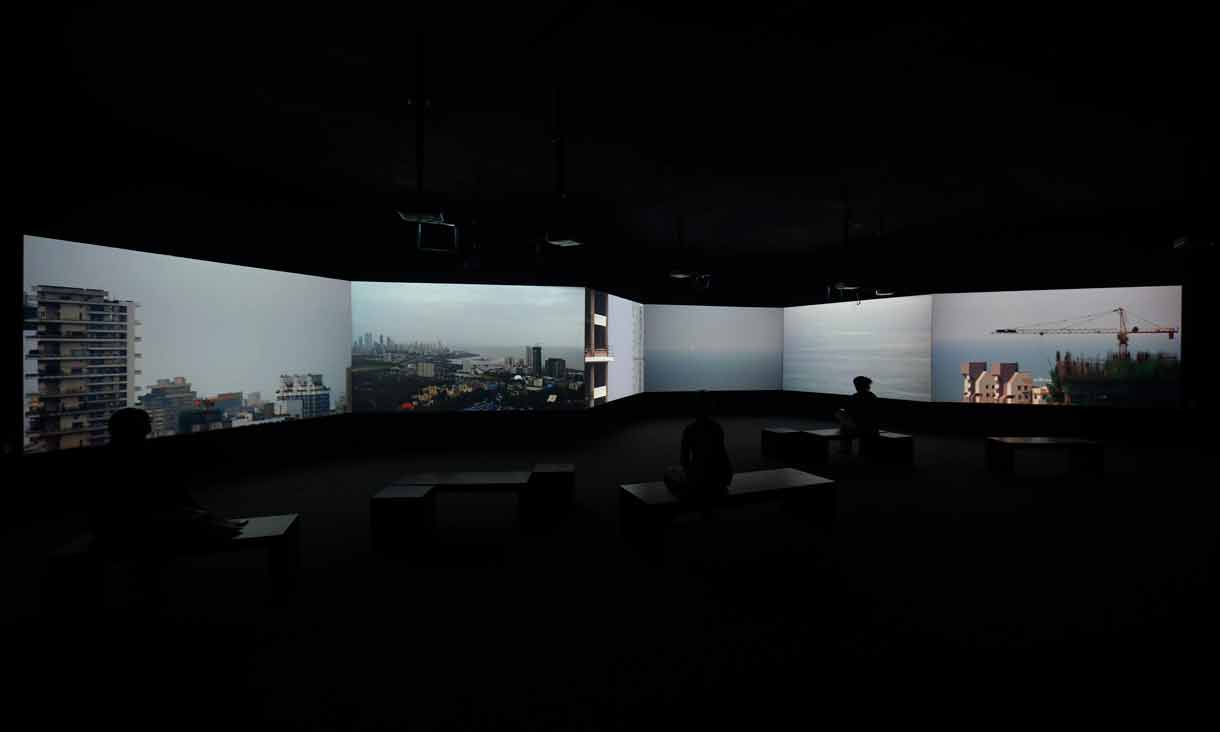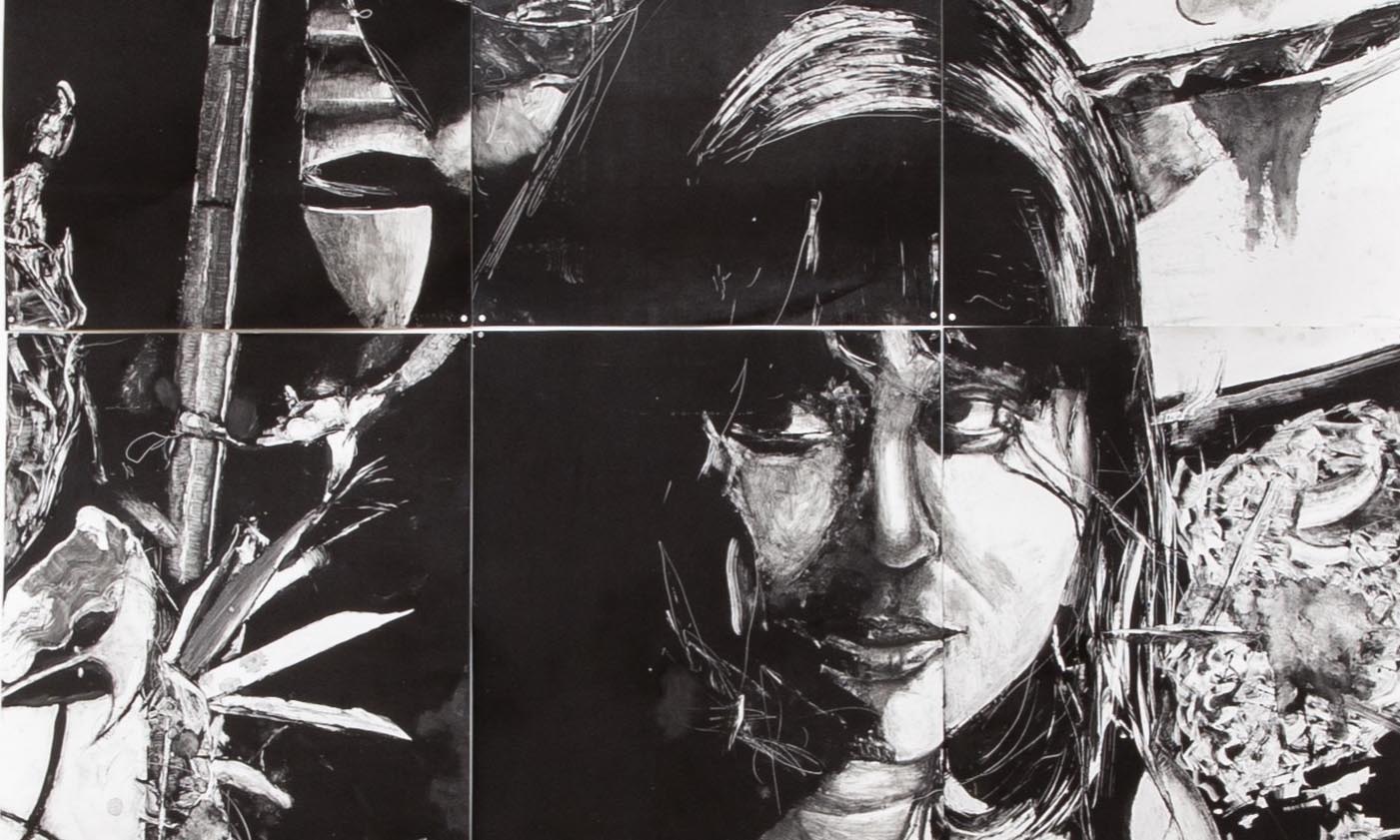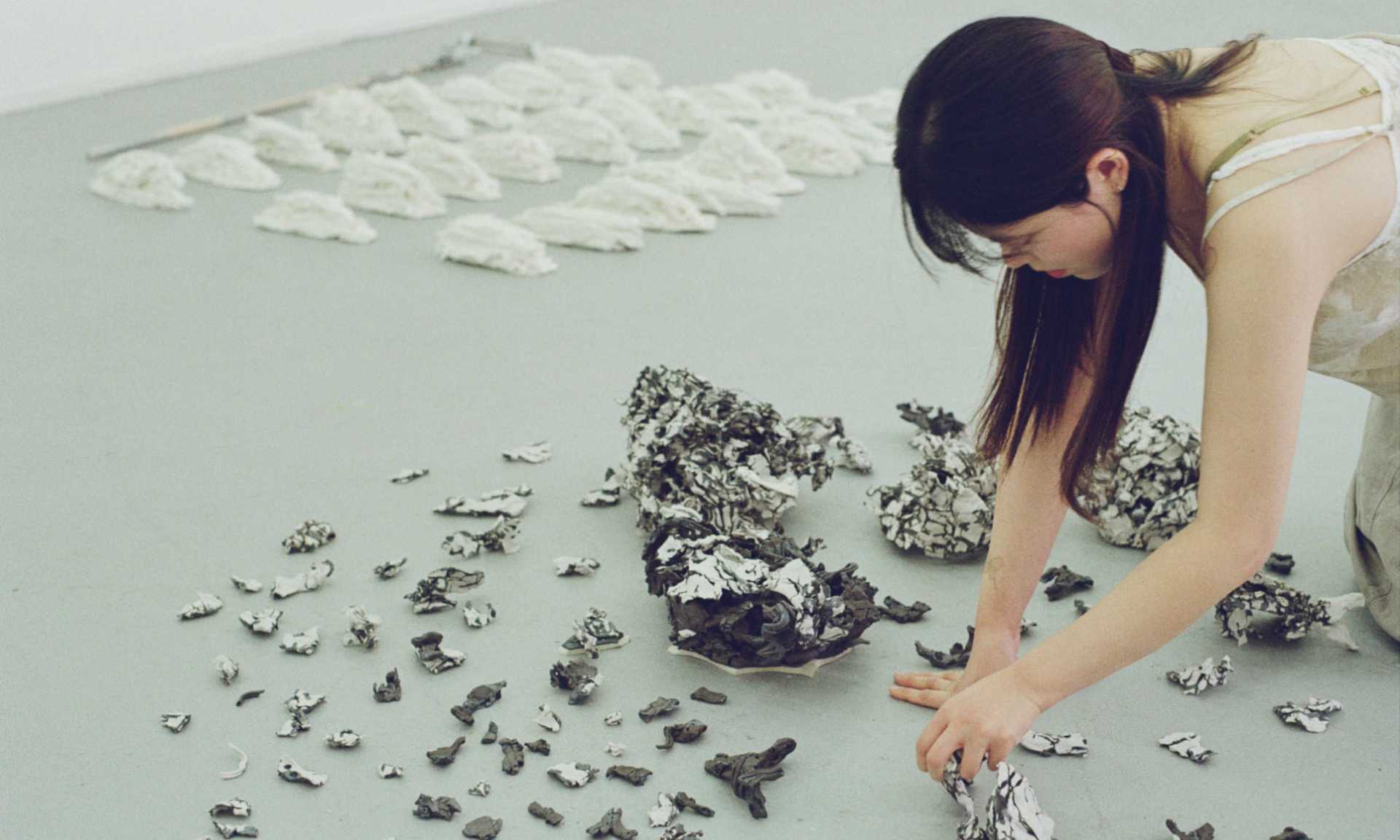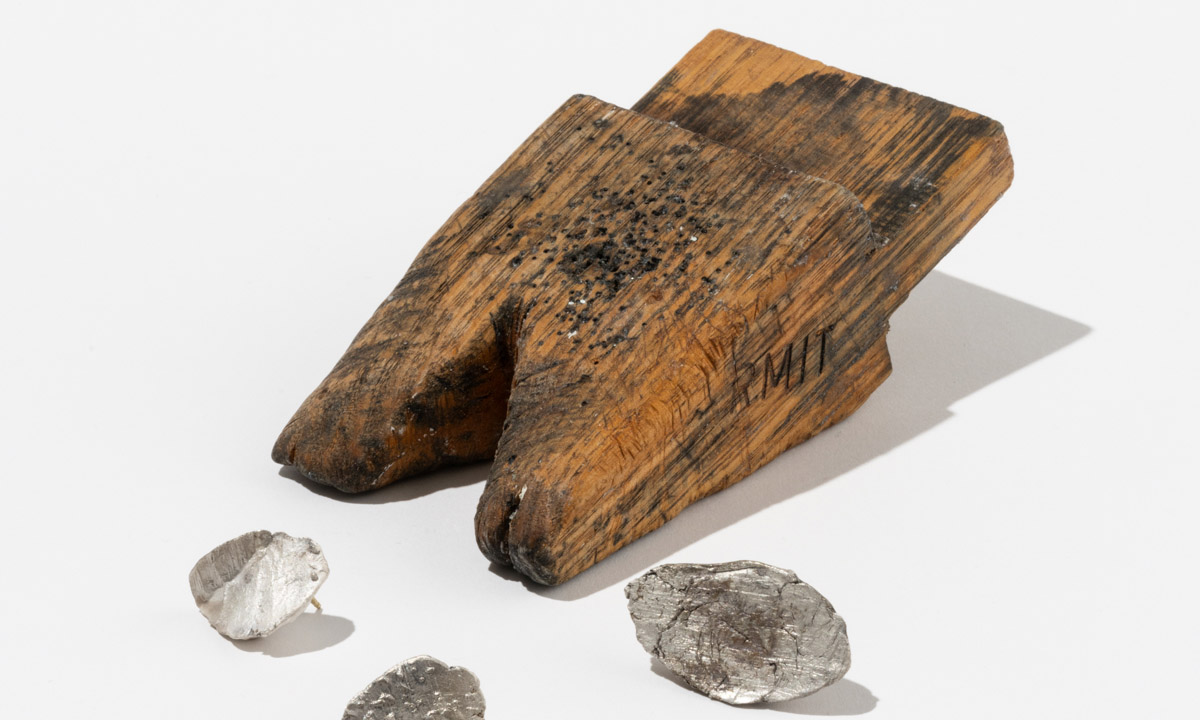Home Care providers for older people are facing a rise in demand for their services driven not only by an ageing population but also from a market demand for personalised care, choice, continuity of care, and real time availability. Combined with turbulent political and policy environments, and the government’s need to maximize resource utilization and contain costs, the current care landscape presented an opportunity for new Home Care models. Utilizing the Business Model Canvas, this study investigated various emergent models of Home Care using semi-ethnographic methods that included 13 months of field observation and data collection, a narrative summary review and 33 interviews. It found disruptive and emergent models such as uberisation, community-based, live-in and preventative models are becoming more pervasive in the current landscape; with. major shifts related to value proposition, partnerships and customer segments. Changes are promoting more flexibility and responsiveness in the care market, enhancing service users’ experience and encouraging workforce development.
About Karla Zimpel-Leal
Dr Karla Zimpel-Leal is an Innovation Fellow within the Sustainable Care Programme, at the University of Sheffield. She is examining emergent Business Models in Home Care, to advance innovation and strengthen skills development in the sector’s economy. By working closely with Home Care businesses, policymakers, regulators and commissioners, her objective is to develop a sustained engagement with stakeholders and to understand how these models are shaping new patterns and ecosystems of care. In advancing their Business Models and co-creating innovations, tailored resources will be developed to promote sustainability, competitiveness and growth, as well as to influence social policy. Karla’s previous research encompasses knowledge transfer and innovation, particularly focusing on understanding the generative mechanisms that are driving knowledge transfer between science and industry in the food sector. Karla has spent many years in her own entrepreneurial ventures. She has an Honours degree in Business and International Trade and a Masters in Supply Chain Management. Her PhD in Knowledge Transfer is from the Norwich Business School, University of East Anglia, UK.
